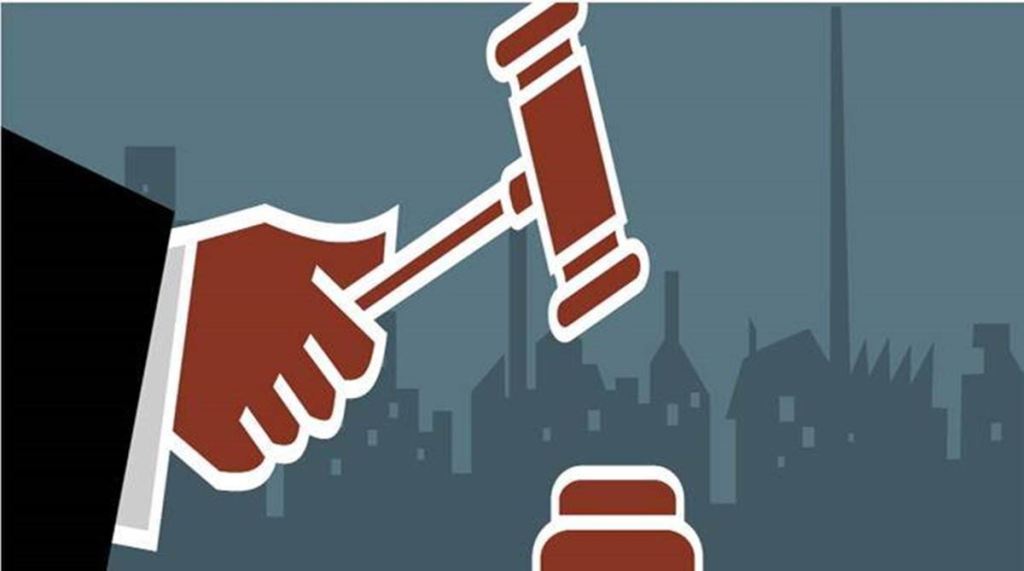In a recent case, the Supreme Court affirmed that regardless of customs or traditions, neither a general power of attorney nor a Will (during the testator’s lifetime) grant any rights to immoveable property.
Facts of the case are summarised as follows:
Yogendra Rathi (Yogendra) filed a suit against Ghanshyam to evict him from certain premises in Delhi (Premises) and seek compensation for mesne profits. (Mesne profit refers to a claim of a lawful owner of a property against an unlawful possessor of that property).
Yogendra claimed ownership of the Premises based on the following documents: an agreement to sell dated April 10, 2002 (Agreement), a power of attorney (PoA), a memo of possession, a receipt of payment for the sale, and Ghanshyam’s Will dated April 10, 2002 (Will). Pursuant to the Agreement, Ghanshyam had handed over possession of the Premises to Yogendra.
Yogendra, at the request of Ghanshyam, allowed him to use a specific portion of the Premises (licensed premises) as a licensee for a three-month term. However, Ghanshyam continued occupying the licensed premises post termination of the license.
Also Read: What you must check before taking an education loan
Ghanshyam contested the suit by alleging manipulation of the documents. However, Ghanshyam did not dispute the execution of the documents, or the payment made for the sale. The Trial Court framed three main issues: the alleged manipulation and fraudulent acquisition of the documents, Yogendra’s right to evict Ghanshyam, and the question of entitlement to mesne profits.
The Trial Court ruled in favor of Yogendra and against Ghanshyam on all issues. The Trial Court found no evidence to support Ghanshyam’s claim of document manipulation or fraud. Yogendra’s right to the Premises was confirmed, leading to the Trial Court granting an eviction decree and ordering Ghanshyam to pay mesne profits as a licensee. The Trial Court also determined that Ghanshyam could not remain in possession of the licensed premises after the license was terminated and must return possession to the rightful possessor.
An appeal against the Trial Court’s order was admitted to determine whether Yogendra acquired title to the Premises based on the documents presented. However, because Ghanshyam did not raise this issue in the Trial Court or the First Appellate Court, the High Court in the second appeal determined that Ghanshyam could not raise this issue. Additionally, the High Court also stated that the appeal did not involve any substantial question of law.
Although the Agreement does not confer absolute title to the Premises to Yogendra, it determines his possessory rights as per Section 54 of the Transfer of Property Act (ToPA). (Section 54 of ToPA defines sale as a transfer of ownership in exchange for a price paid or promised or part-paid and part-promised). The documents were obtained and executed without any fraudulent intentions or manipulation. Consequently, Ghanshyam cannot challenge or disrupt Yogendra’s possession of the Premises, as it is in part performance of the Agreement.
The PoA executed by Ghanshyam holds no significance because Yogendra, acting as Ghanshyam’s attorney, did not execute a sale deed or any other document that would confer title to the Premises as stipulated by Section 54 of ToPA.
Likewise, the Will holds no significance as it only becomes effective after the death of the testator (person making the will). Therefore, the Will neither possesses any legal force nor grants any rights to Yogendra.
Any customs or traditions that consider the general power of attorney and the Will as valid title documents or means of granting rights to immovable property are in violation of statutory law. According to the law, execution and registration of a title document or transfer are required to confer right and title to an immovable property over Rs. 100/-
Yogendra rightfully obtained possessory title through part performance of the Agreement, while Ghanshyam occupied the licensed premises as a licensee for the agreed term. Consequently, Ghanshyam had no right to continue possessing the licensed premises after the license was terminated.
The Supreme Court upheld Yogendra’s decree of eviction and mesne profits and dismissed the appeal as it lacked merit.
Conclusively, right and title to immovable property can be transferred through execution and registration of a deed of conveyance or transfer document. Sale agreements, general power of attorney, and Wills are not considered valid transfer documents, and mere execution of these documents does not transfer right, title, and interest in immovable property.
(By Ashoo Gupta, Partner, Shardul Amarchand Mangaldas & Co. Views are personal)

